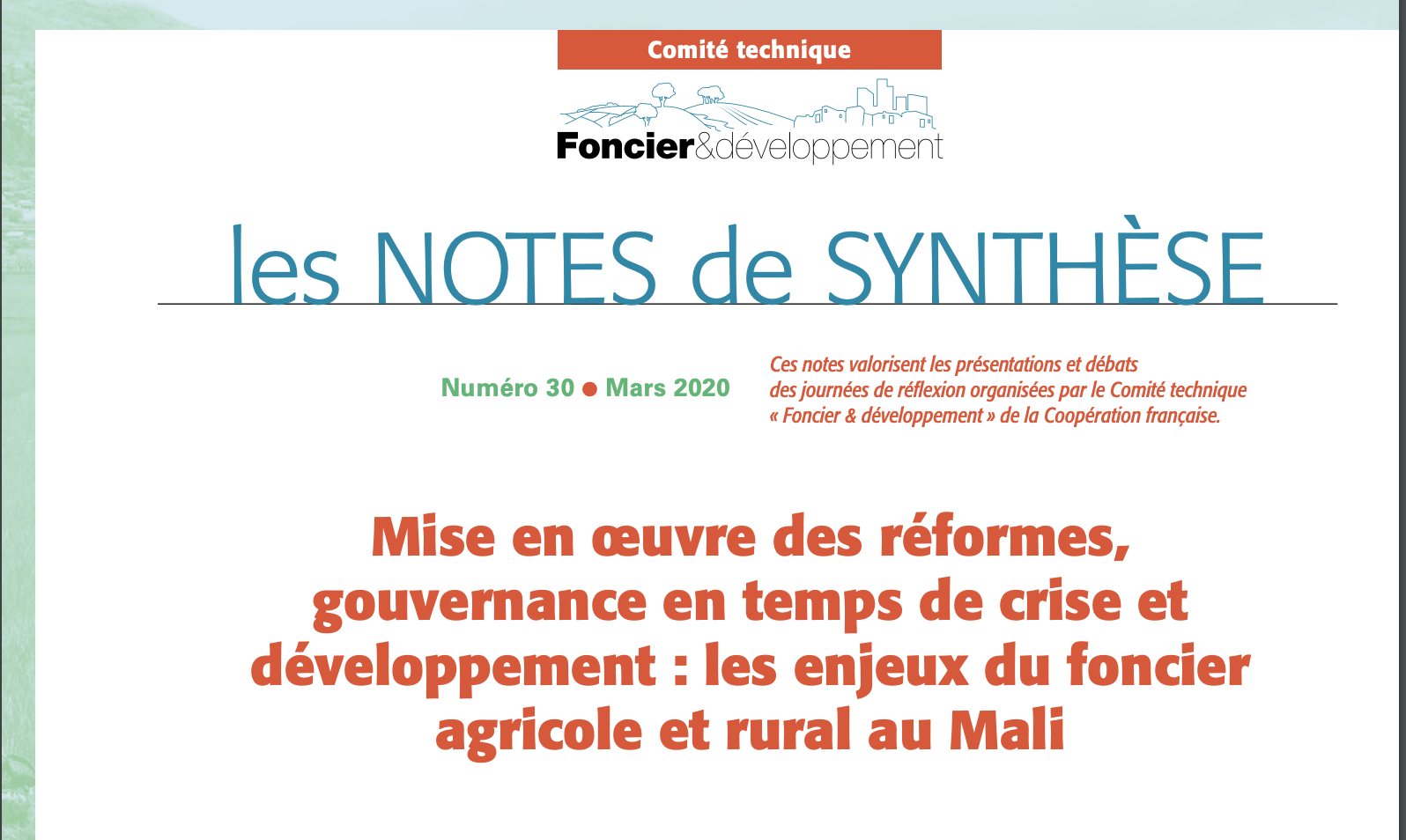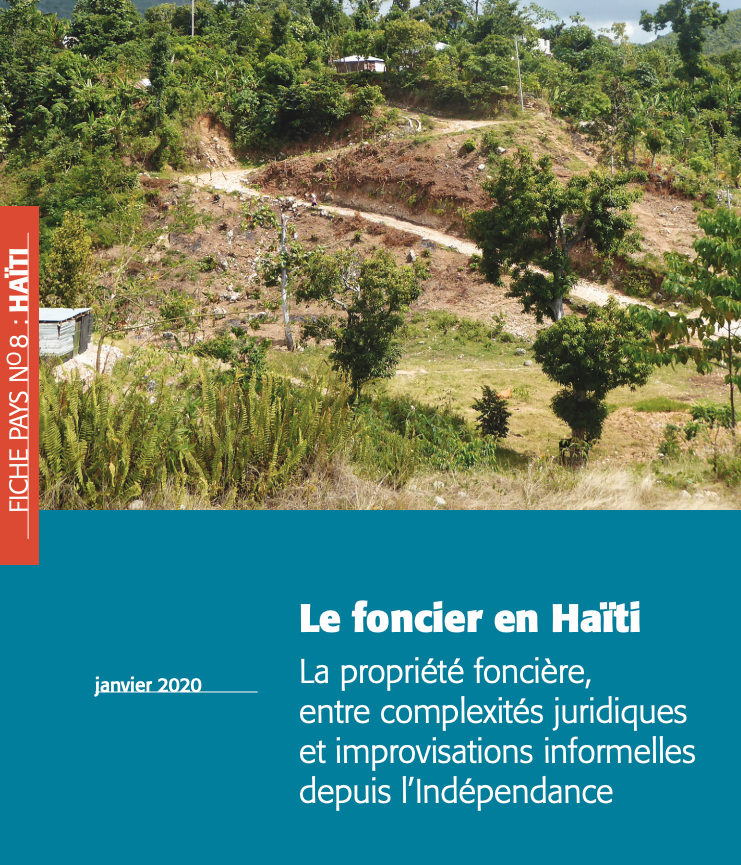Gender, Household Headship and Entitlements to Land: New Vulnerabilities in Vietnam's Decollectivization
The process of decollectivization in Vietnam, leading up to the 1993 Land Law, ensured farming households the rights to market their own produce and to transfer, exchange, lease, inherit, and mortgage their land-use rights. These changes imply a reworking of relations between state, market, and household, but also within households. Although the allocation of agricultural land in northern Vietnam was relatively equitable, allocation by the state represents only one channel of entitlements to land.






